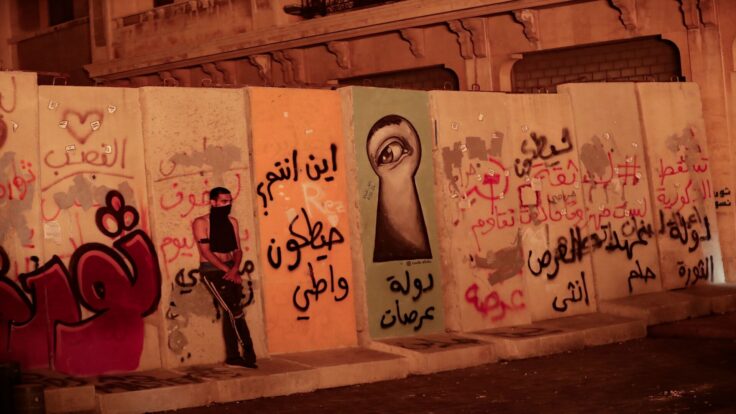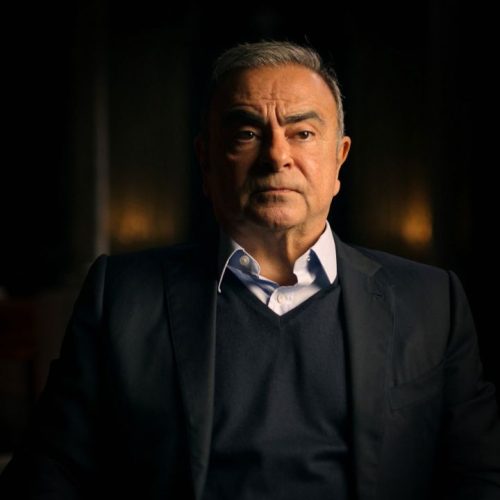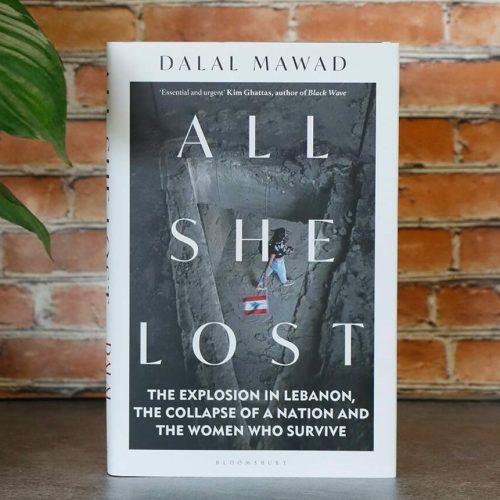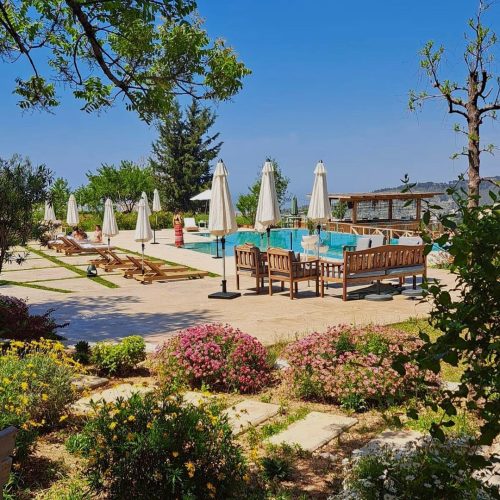Not a day goes by without Lebanon making international headlines. And it’s never for the right reason. The country that was once known as the Switzerland of the Middle East is now stuck in a never-ending loop of catastrophes and cataclysmic troubles on the back of a government that has lost the trust of its people.
In late 2019, its collapsed economic system, soaked in corruption, drowned the nation into its first crisis. A domino effect ensued, affecting all aspects of the citizen’s life. Unpredictable natural disasters, the garbage crisis, a global pandemic, as well as political and economic turmoil have rhythmed the lives of millions of citizens whilst taking many away on its route.
We can only imagine how difficult it is to be in Lebanon right now, between processing what has already happened, and fearing what is yet to happen. The port blast, the financial crisis coupled with the mismanagement of COVID-19 have been weighing heavily on the mental health of Lebanese which are known to be some of the world’s most resilient people, but to which point?
We asked 5 young Lebanese how they are navigating through the country’s nightmares.
Leena Hassan, 23
The situation in Lebanon really deteriorated young people’s mental state. Living conditions were never ideal in the country but there was always some way in the past to enjoy life and appreciate certain aspects of the country. The current context makes it impossible to physically get around due to fuel shortages and electricity cuts, affecting access to internet and basic needs such as food preservation, air conditioning or access to water.
In this context, there is a shift of priorities for every resident towards survival. The idea of individual happiness or contentment now being at the bottom of the list. Wide-ranging poverty and inequality are highlighting drastic socio-economic contrasts which makes it hard to complain considering that many people in the country probably have it worse than you. The only way of coping is to look at what is physically possible to do daily, to be grateful for the scarce resources that are still attainable by a few and to help someone in need whenever possible.
I have my own ways of easing off from stress, such as being in nature, going camping or having hobbies that do not require electricity. However, the former are now very difficult to do due to fuel shortages. It is also impossible to detach when you know that most of the people you know are struggling to find food, medicine or money. The only real satisfaction is engaging in protests and social demonstrations going on in the country to ultimately express ourselves and show solidarity. This is even barely doable at times due to transport difficulties, heat and mental exhaustion due to the inaction of the political class.
Living standards have certainly changed in the past two years and hope is now measured by the day; the hope to find enough fuel to get you to work today, enough diesel to have access to internet today and to sleep tonight considering the heat, hope to find the right medicine in case someone gets sick, and most importantly hope for immigration approval. People are basically hoping to sustain themselves and their families for one more day, every day. Lebanon is facing a humanitarian emergency so sending money, food and medicine to trusted recipients is the only thing to do at this point for individuals who want to help.
Ahmed Khoury, 24
I haven’t felt any sense of safety for a while now. Especially since the explosion, I am always afraid of the next event. Of losing someone or just having to struggle more. It never stops. I demonstrated for a while but as things kept on getting worse. I started losing my will to fight and make my voice heard. Although physically I am in relatively good health, I’ve developed some PTSD that is still quite hard to live with. I haven’t been close to the port for some time because it triggers panic attacks and I start hyperventilating. Seeking for help isn’t the easiest as my main objective at the point still isn’t healing but rather just surviving through another day of what feels like hell on earth. I pray for better days but like most of us, I’m also losing patience.
Rania Yousef, 23
The events happening in Lebanon have taken their toll on everyone’s mental health, we are unable to function and sometimes unable to do simple everyday things. Sitting in a cab every day and listening to the drivers go on and on about how they cannot afford to feed their children or get medication has been my routine now. And it makes me cry every time… but I have to listen to them, if I don’t then who will? I am trying to survive this crisis by jumping from one coffee shop to the other in order to have wifi and be able to work “properly”. Another way is by hanging out with friends and not spending time alone. I usually like to have some time to myself but I recently noticed that being alone with my thoughts has been unbearable. It’s really hard to detach yourself from what is happening. Let me elaborate on that: if you want to sleep you can’t due to the extreme heat and the absence of power. If you want to see friends, most of them either travelled or cannot be reached due to the lack of fuel. If you want to go to the supermarket to buy groceries, you also get slapped by the reality you live in due to the increase in prices. All in all, it is impossible to ease off from the stress and take a breather…
Maia Bezri, 21
The current situation in Lebanon has left me in constant anticipation of what’s gonna happen next and how worse can it get. I’ve been quite indifferent after being completely submerged in activism during the uprising of the 17 of October. I had been protesting every single day and it was completely draining and absolutely nerve wracking. I would have breakdowns every few days because I felt like I’m responsible to make it work yet I felt like it was hopeless. But to be frank I’ve been indifferent now about everything and I avoid thinking about the situation because it feels helpless and hopeless. Looking at protestors at times and seeing their rage fills me with rage of my own, however it fizzles out before it even reaches the top. I could lie and say don’t give up but I don’t think I can say that with good conscience when I myself have given up for the most part, it would be like the blind leading the blind.
Maryam Khalil, 26
Since everything started, my sleeping habits changed, my eating habits changed and I don’t find the energy to do the things I love anymore. I walk on the streets at night with the flashlight of my phone on because the streets are extremely unsafe and dark.
The medical world is also collapsing, there are no medications, so many people who have chronic illnesses have spent the last week or two without treatments which puts their health at risk. Even if they find the pills they need, sometimes they cannot afford it. You try to stay positive… but it’s impossible at this point.
The community has been shedding a lot of light on mental health and how to take care of your mental state during these hard times. The suicide hotline we have in Lebanon has not been that functional due to power cuts, which affected the population since that hotline was kind of their safe haven. I wish I had advice to give. But unfortunately, I don’t. I gave up on the hope I had in Lebanon. Let the whole world know we are being killed every day by our government.
*disclaimer: some names may have been changed for confidentiality purposes









